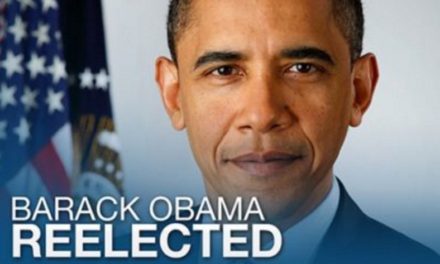Lately, I’ve been thinking a lot about Occupy Wall Street. Where’s the movement today? What happened to it? I guess it has something to do with the fact that the anniversary is coming up on September 17th. But I suspect it has more to do with the fact that I’ve been marathon watching The Newsroom. In case you’re not familiar with it, The Newsroom is an HBO television series created by Aaron Sorkin (The West Wing). The show is about the workings and private lives of a newsroom team led by anchor Will McAvoy (Jeff Daniels).
Will McAvoy is a Republican who is fed up with extremism and overall stupidity. Since the show mirrors real-life current events, and today’s GOP is both, extremely stupid and stupidly extremist, it’s no surprise to often find him going after RWNJ’s (and with gusto). To give you an example, in the last episode of Season 1, he called the tea party, the American Taliban.
But, sometimes, he dishes out his condemnation to the left. In the pilot episode he angrily declares that people don’t like liberals because they lose, and he wonders, “if liberals are so f…..k smart how come they lose so goddamn always?” This is an excellent question, one that liberals should not only have asked but answered long ago. In another episode that features the beginning of Occupy Wall Street, he criticizes the movement heavily on the grounds that it has no leaders or clear direction.
This weekend, when I was surfing the net for inspiration for today’s post, I stumbled upon an article on The Daily Beast entitled Occupy Wall Street Now Has Its Own Documentary Called “99%.” While the article is mostly a review of the film, it manages to comment on the movement itself, calling it chaotic and unfocused,
“…like the movement it portrays, the film has a short attention span, jumping from the student loan crisis to the militarization of the police to subprime mortgages, often in the space of a few minutes.”
I’d like to put in my two cents. Besides the obvious lack of essential elements like a clear mission and leadership, Occupy suffered from another problem: the name! Unless you’re a country taking an army into another country, or Israel in the occupied territories, “occupy” has a temporary feeling to it. I occupy a hotel room, until I check out. I occupy myself with a video game while I’m waiting in line.
If you want things to be different, you don’t just occupy Wall Street, you modify it! Ok, “modify” sucks too. How about change? “Change Wall Street” would have implied that somebody had to do something. “Occupy Wall Street” implied that you had to go sit at Zucotti Park. Do you see what I’m getting at?
Now let’s take a look at the tea party. We may loathe everything that it stands for, but it has managed to occupy the Republican Party and change it into something that we no longer recognize. Personally, I’m not crazy about the name. It has distorted the original tea party definition whose protesters wanted no taxation without representation, while the current tea partiers seem to want representation without taxation. But the message about taxes and unhappiness with the government is there and it came through.
It attracted all those on the extreme right who were angry and wanted to change the government, eventually defining their mission to destroy Barack Obama’s presidency. It brought in leaders to guide the party. True, crazy and ridiculous leaders: Bachmann, Palin, Cruz, but nonetheless, leaders.
We should never underestimate the importance of political communication. If Occupy Wall Street would have had a different name, it might have served as a catalyst to attract the right leaders and in turn to define clear goals. Then, the movement might have had as much hold on the Democratic Party as the tea party has had on the GOP.
But maybe I’m totally wrong. Maybe the impact will be felt throughout the years to come. Maybe Occupy succeeded in awakening a collective consciousness that will guide us to choose the right leaders and to bring about change, although at a slower pace. Only time will tell. In the meantime, we are left with memories and a film. That should occupy our minds while we figure out whether we did it right or not.











